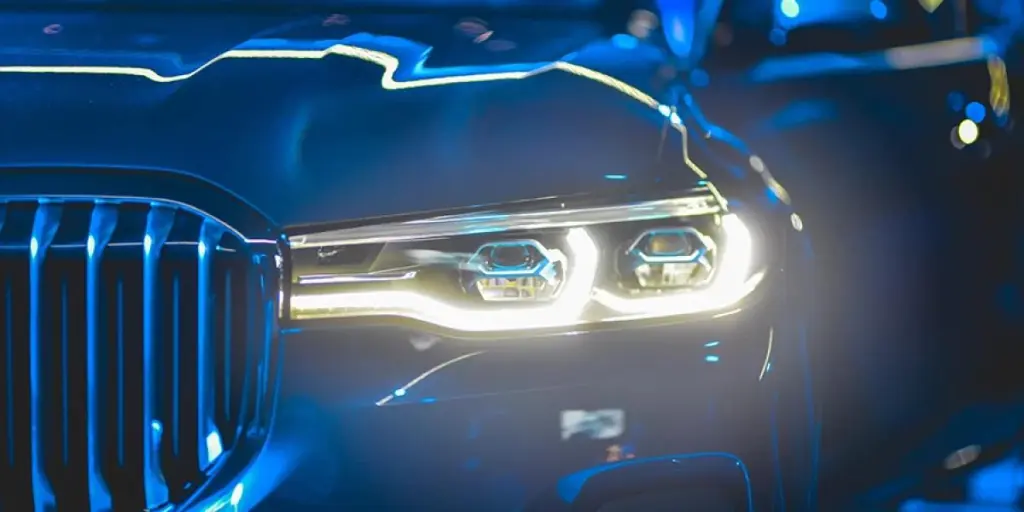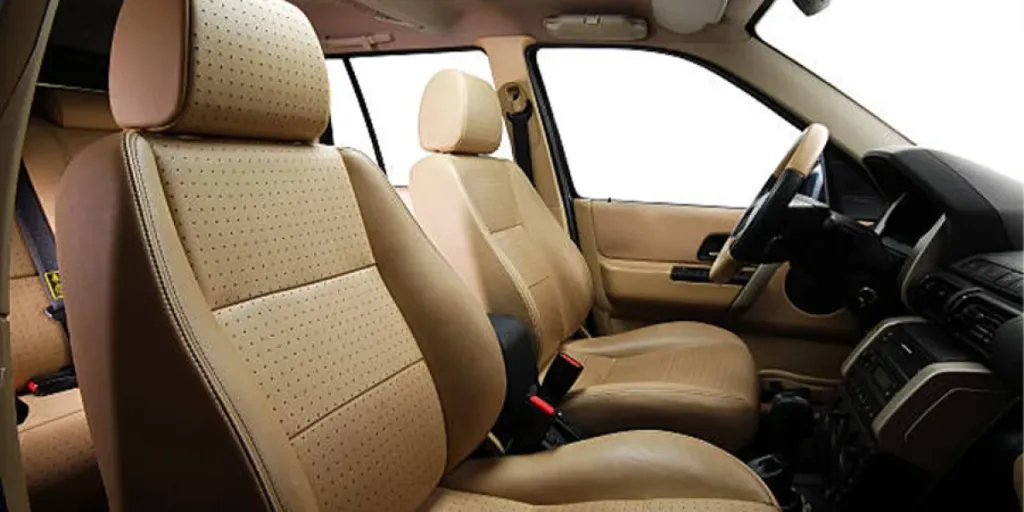Our weekly review of interesting stuff

According to preliminary estimates, Light Vehicle (LV) sales in the United States grew by 6.5% year on year (YoY) in August, reaching 1.42 million units. This year, the month included the Labor Day weekend, according to the industry calendar, which brought about 28 selling days – the most of any month this year. This created favorable conditions for August’s growth. US LV sales totaled 1.42 million units in August, according to GlobalData. The annualised selling rate for the month was 15.1 million units/year, down from 16.0 million units/year in July. The daily selling rate was estimated at 50.6k units/day in August, down from 51.4k units/day in July. Expectations were high coming into the month, given the inclusion of Labor Day in August for the first time since 2019. A strong seasonal factor therefore kept the annualized selling rate in check, and there is a sense that volumes could have been higher, despite positive headlines around YoY growth. According to initial estimates, retail sales totaled 1.20 million units in August, while fleet sales finished at 217k units, accounting for 15.3% of total volumes.
Portable EV chargers
EV charging infrastructure is continuously under fire for its lack of availability, reliability, grid limitations and installation complexities. This in turn leads to charge and range anxiety amongst EV owners. To help combat this issue, UK based company, Solus Power, has developed a smart, rapid EV charging solution: portable charging devices. Solutions offered by the company include off-the grid mobile DC-to-DC rapid charging units that can be rolled to vehicles for convenient charging in commercial settings, as well as portable systems that can be stacked or slide underneath vehicles. These solutions not only allow off-peak energy usage to alleviate grid strain, but also double as energy storage units, contributing to grid stability and energy savings. The company has recently received financial backing from US investment firm, Marbanc International. The funding will enable Solus Power to expedite the development of its innovative portable charging technology to market and meet demand from defence, fleet, and private EV owners. We spoke to Stas Leonidou, CEO, Solus Power, to learn more about the technology solutions and to discuss what the financial backing means for the company.
EV battery safety
The major blaze that occurred in an apartment complex in the city of Incheon in August, which started in a parked Mercedes-Benz EQE battery electric vehicle (BEV), highlighted the multiple challenges facing South Korea’s battery electric vehicle (BEV) industry. The fire, which destroyed over 100 adjoining vehicles and injured some 23 people, further dampened the already weak consumer sentiment in this segment of the market. BEV battery safety has become a major concern among new vehicle buyers in major markets around the world, not only in South Korea, along with high costs relative to equivalent internal combustion engine (ICE) vehicles, uncertainty over battery technologies, recharging and rapid depreciation. Rapidly advancing technologies means that better performing models are continually coming onto the market – further undermining the value of existing models. South Korea’s leading vehicle manufacturer, Hyundai Motor Group (HMG) – comprising both Hyundai Motor and Kia Corporation – last month responded to some of these safety concerns by announcing a decision to install battery management systems (BMS), which monitor battery performance and help anticipate problems, in all BEV models from this year. The automaker is also working with leading battery suppliers such as South Korea’s LG Energy Solution (LGES) to help improve current BMS systems.
Source from Just Auto
Disclaimer: The information set forth above is provided by just-auto.com independently of Alibaba.com. Alibaba.com makes no representation and warranties as to the quality and reliability of the seller and products. Alibaba.com expressly disclaims any liability for breaches pertaining to the copyright of content.




